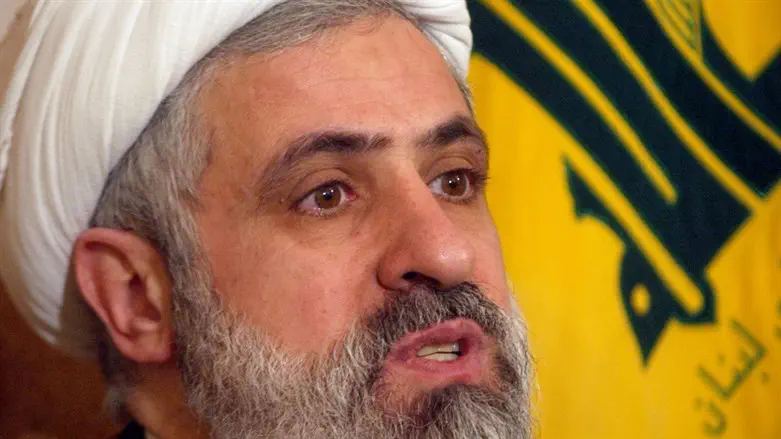
Naim Qassem, deputy to Hezbollah's eliminated leader Secretary-General Hassan Nasrallah, spoke for the first time since Nasrallah's death, saying that his terror group will recover from the latest blows dealt to it.
"Our dead are a very serious issue, but we are sure that the enemy will not achieve its goal," Qassem said, emphasizing that soon a new Secretary-General would be chosen to replace Nasrallah.
"We are on the battlefield and we will not move a bit from one of Nasrallah's positions. We are continuing our work according to the organizational structure and in accordance with the alternate plans."
Qassem stressed: "We know that there will be a long war, and we are prepared to deal with any event, and we will emerge victorious."
Hezbollah had initially planned to conquer the Galilee. To this end, the terror organization sought to develop offensive capabilities that would enable it to conduct a war within Israeli territory.
Hezbollah thus targeted areas where it had topographical superiority compared to Israel’s topographical disadvantage near the border. The operational plan, developed in coordination with senior Iranian strategic experts, is based on deploying a force of 5,000 fighters, recently trained in Iran specifically for this purpose.
A different report noted that Hezbollah forces recently completed intensive training in Iran and were deployed in southern Lebanon and the Beqaa.
